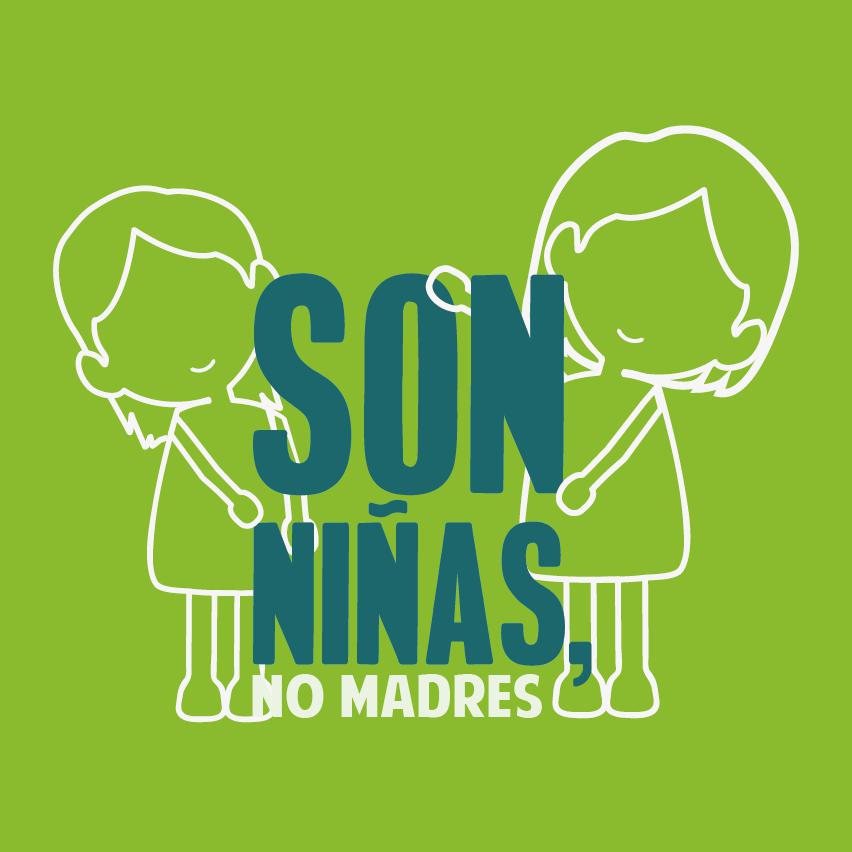No Girl Should be Forced into Motherhood After Rape
Norma* (*indicates a pseudonym) was 12 when her father began raping her.She became pregnant shortly thereafter.

. Though abortion is legal in Ecuador when a woman or girl’s life or health is in danger, no one told her this. She gave birth despite not wanting the baby. Fatima* was also 12 when she became pregnant after being raped by a man in her community in Guatemala. Abortion is only legal in Guatemala to save a woman or girl’s life. Though the pregnancy was risky because of Fatima’s young age, health providers never offered her a legal abortion, and she carried the pregnancy to term. Two other girls, Lucia* and Susana,* became pregnant from rape at age 13. Lucia’s pregnancy happened after more than a year of abuse by her priest. For Susana, years of abuse by her grandfather led to an unwanted pregnancy.
They are from Nicaragua, where abortion is banned completely.
They too gave birth. Each of these girls became pregnant from rape before turning 14. All were further victimized by laws and policies that treat abortion as a crime in most – or all – circumstances. Today Norma, Fatima, Lucia, and Susana – now young women – brought their cases to the United Nations Human Rights Committee in Geneva with the backing of advocates and lawyers from Latin American and international women’s rights organizations.
They are seeking justice and urging the committee to demand that their countries guarantee access to safe and legal abortion. Sexual violence against girls in Latin America and the Caribbean is a serious human rights and public health concern, with thousands of rape survivors under 14 giving birth each year. Additionally, Ecuador, Guatemala, and Nicaragua are among many countries in the region that heavily restrict access to abortion or ban it entirely, which is devastating for rape survivors. Girls are especially disadvantaged, as they often have less access to information about safe abortion and may not recognize the early signs of a pregnancy, problems often compounded by inadequate or virtually nonexistent sexuality education in schools. No rape survivor should be forced into motherhood without the chance to consider a safe and legal abortion. As Norma, Fatima, Lucia, and Susana brought their cases to the committee in Geneva, people all over the world showed solidarity by posting pictures of themselves holding signs that read “Son #NiñasNoMadres.” They are girls, no.
Read the full article at the original website
References:
- /view-mode/modal/330615
- https://www.hrw.org/news/2019/04/01/ecuador-decriminalize-abortion-rape-cases
- https://www.worldabortionlaws.com/
- https://www.hrw.org/news/2017/07/31/nicaragua-abortion-ban-threatens-health-and-lives
- https://www.theguardian.com/global-development/2019/may/29/latin-american-survivors-who-were-denied-abortions-turn-to-un?CMP=share_btn_tw
- https://www.reproductiverights.org/press-room/innovative-litigation-filed-against-3-countries-to-protect-girls%E2%80%99-rights-in-latin-america
- https://www.guttmacher.org/news-release/2017/very-young-adolescents-sexual-and-reproductive-health-needs-must-be-addressed
